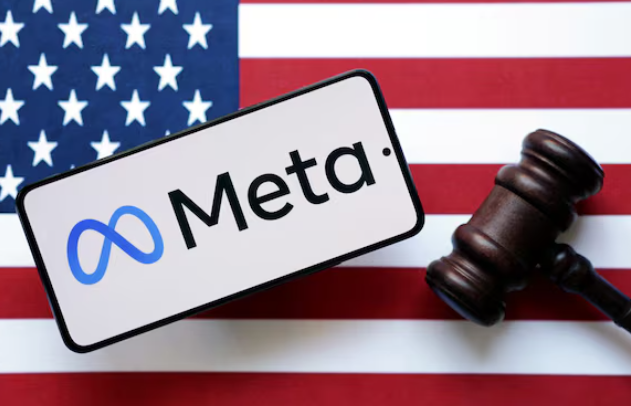Meta Faces Multi-Billion Dollar Class Action
The U.S. Supreme Court on Monday declined to hear Meta Platforms’ (META.O) attempt to escape a massive class action lawsuit. The case involves advertisers who accuse the Facebook and Instagram parent company of inflating the potential reach of their ads, leading to overcharges.
Advertisers Allege Fraudulent Overestimation
The lawsuit, led by former Meta advertisers DZ Reserve and Cain Maxwell, claims Meta misrepresented the number of people their ads could reach. The plaintiffs argue Meta focused on the number of social media accounts rather than actual individuals, allegedly inflating potential viewers by up to 400%. The class action could involve damages exceeding $7 billion, affecting millions of advertisers who have paid for ads on Facebook and Instagram since August 15, 2014.
9th Circuit Decision and Meta’s Appeal
In March 2024, a panel from the 9th U.S. Circuit Court of Appeals ruled 2-1 against Meta, allowing the class action to proceed. The court found that Meta’s alleged misrepresentation constituted a “common course of conduct,” permitting the advertisers to seek collective damages. Meta argued in its appeal that this standard ignored individual differences among advertisers, with some possibly finding the misrepresentation immaterial or choosing not to rely on it. The company also criticized the 9th Circuit for granting excessive deference to district judges who certify class actions.
Significance of the Class Action
This class action could potentially lead to substantial financial consequences for Meta, as advertising remains the cornerstone of its revenue, generating $116.1 billion in the first nine months of 2024. The Supreme Court’s refusal to hear the case underscores the ongoing legal challenges facing major tech companies over their advertising practices and data transparency.

